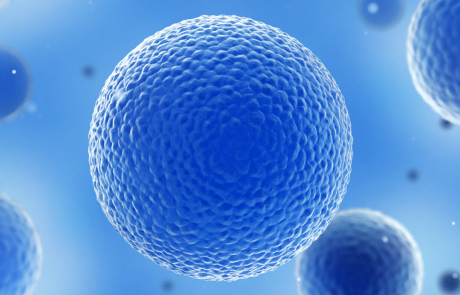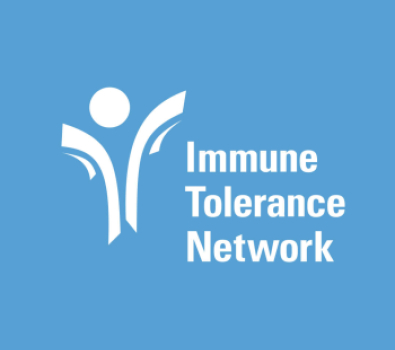Faculty & Scientific Staff

Background Information
Dr. Nepom received his bachelor’s degree in biochemistry from Harvard University in 1972 and earned both a Ph.D. in biochemistry (1977) and an M.D. (1978) from the University of Washington. After completing postdoctoral work in immunogenetics in the Department of Pathology at Harvard Medical School, he returned to Seattle in 1982, joining the Fred Hutchinson Cancer Research Center and the University of Washington School of Medicine faculty. He became a Member of the Benaroya Research Institute at Virginia Mason (BRI) in 1985 and served as its director from 1985 to 2015. Dr. Nepom also served as Director of the Immune Tolerance Network (ITN), sponsored by the National Institute of Allergy and Infectious Diseases (NIAID) from 2010 to 2022. He is currently an Emeritus Faculty Member of BRI and a senior advisor to ITN.
Area Of Research
Dr. Nepom's interests are focused on identifying and understanding molecular and genetic mechanisms contributing to pathogenesis of autoimmune disorders and using this information to evaluate autoreactive T cell lineage and fate determination. Translational and clinical applications include development and use of immunological monitoring tools for predicting disease susceptibility and response to therapy in clinical trials, with special emphasis on type 1 diabetes.










